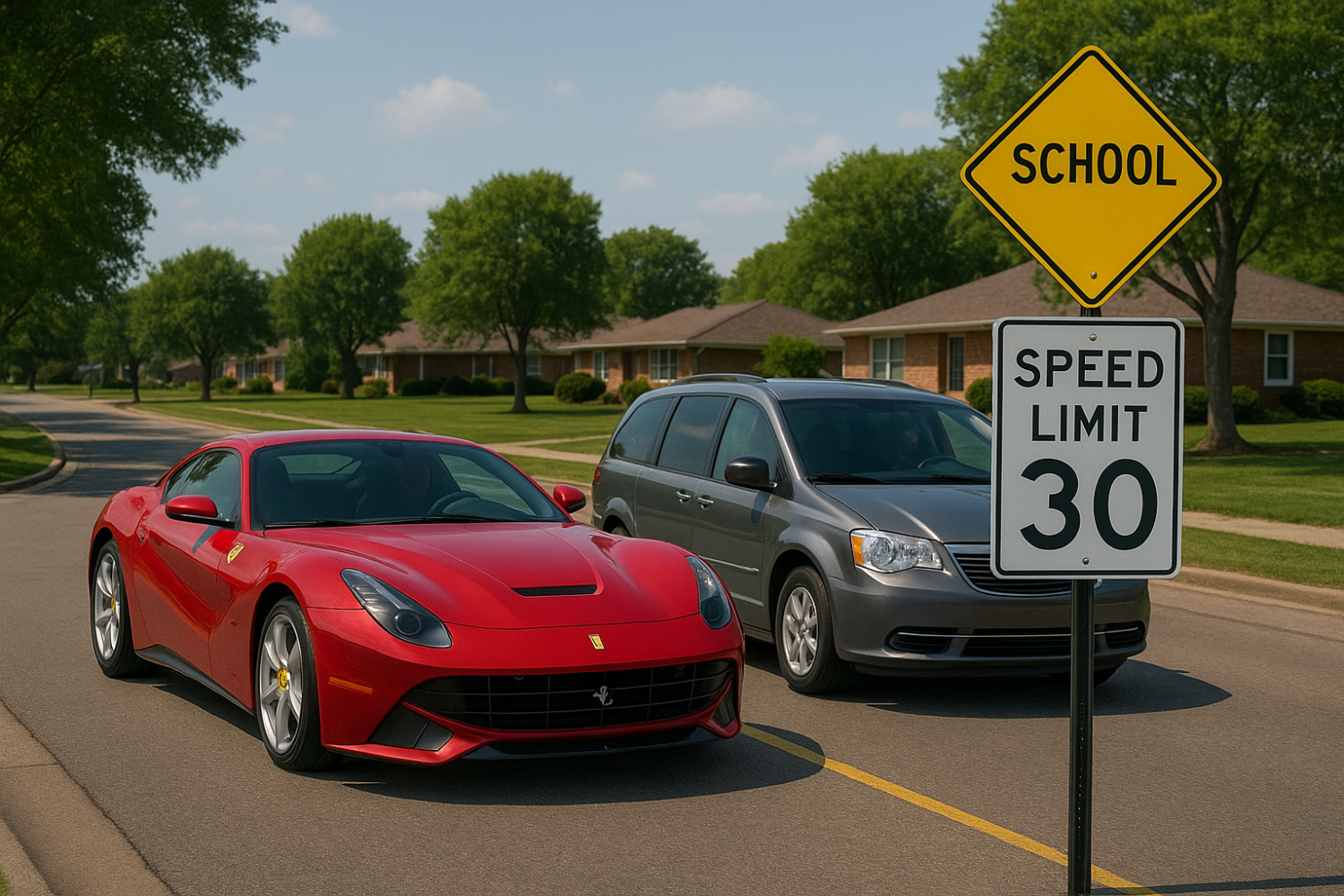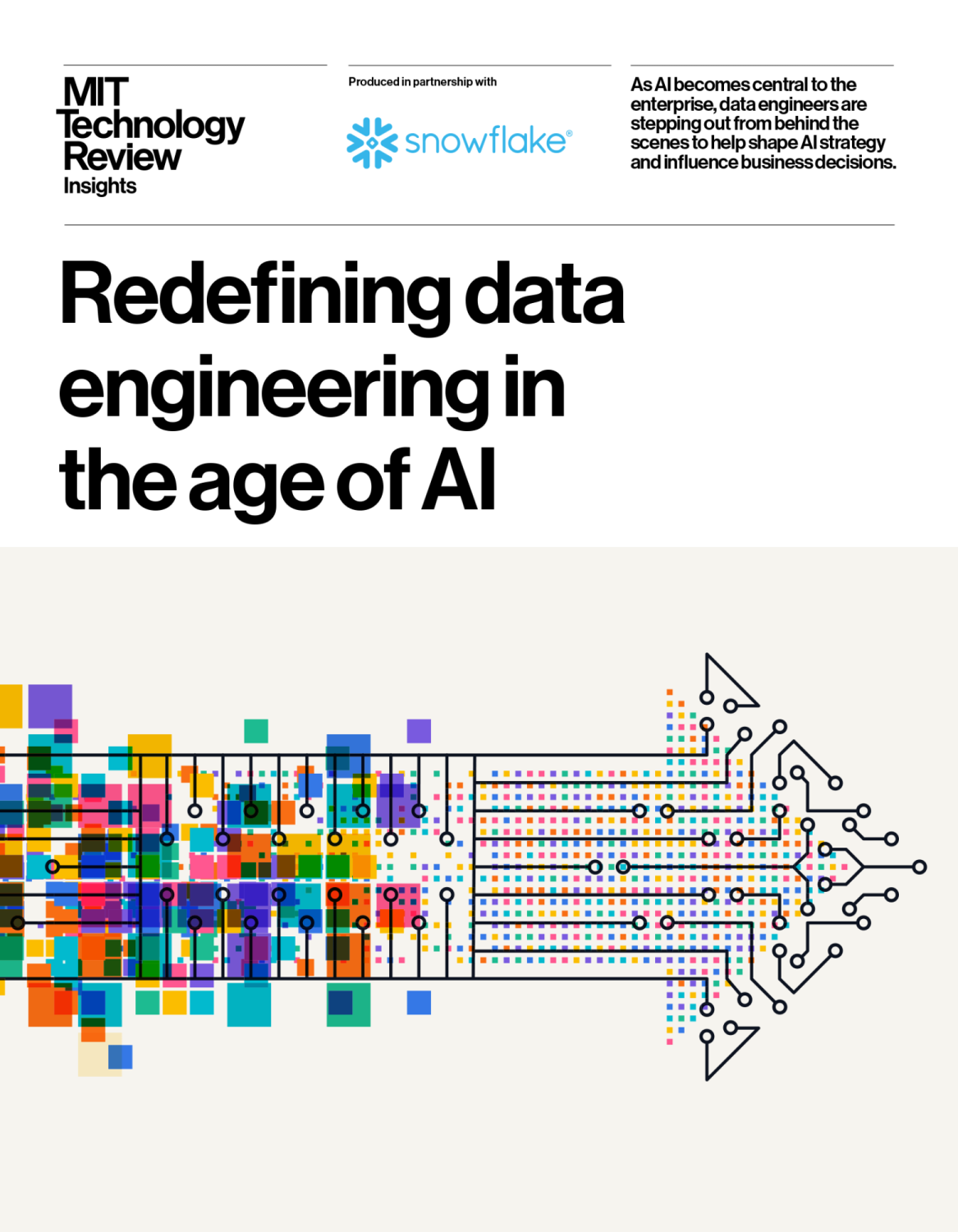
The AI Hype Index: Data centers’ neighbors are pivoting to power blackouts
Separating AI reality from hyped-up fiction isn’t always easy. That’s why we’ve created the AI Hype Index—a simple, at-a-glance summary of everything you need to know about the state of the industry. Just about all businesses these days seem to be pivoting to AI, even when they don’t seem to know exactly why they’re investing…
Read More
DeepSeek may have found a new way to improve AI’s ability to remember
An AI model released by Chinese AI company DeepSeek uses new techniques that could significantly improve AI’s ability to “remember.” Released last week, the optical character recognition (OCR) model works by extracting text from an image and turning it into machine-readable words. This is the same technology that powers scanner apps, translation of text in…
Read More
Finding return on AI investments across industries
The market is officially three years post ChatGPT and many of the pundit bylines have shifted to using terms like “bubble” to suggest reasons behind generative AI not realizing material returns outside a handful of technology suppliers. In September, the MIT NANDA report made waves because the soundbite every author and influencer picked up on…
Read More
An AI adoption riddle
A few weeks ago, I set out on what I thought would be a straightforward reporting journey. After years of momentum for AI—even if you didn’t think it would be good for the world, you probably thought it was powerful enough to take seriously—hype for the technology had been slightly punctured. First there was the…
Read More
“We will never build a sex robot,” says Mustafa Suleyman
Mustafa Suleyman, CEO of Microsoft AI, is trying to walk a fine line. On the one hand, he thinks that the industry is taking AI in a dangerous direction by building chatbots that present as human: He worries that people will be tricked into seeing life instead of lifelike behavior. In August, he published a…
Read More
Redefining data engineering in the age of AI
As organizations weave AI into more of their operations, senior executives are realizing data engineers hold a central role in bringing these initiatives to life. After all, AI only delivers when you have large amounts of reliable and well-managed, high-quality data. Indeed, this report finds that data engineers play a pivotal role in their organizations…
Read More
Dispatch: Partying at one of Africa’s largest AI gatherings
It’s late August in Rwanda’s capital, Kigali, and people are filling a large hall at one of Africa’s biggest gatherings of minds in AI and machine learning. The room is draped in white curtains, and a giant screen blinks with videos created with generative AI. A classic East African folk song by the Tanzanian singer…
Read More
Why AI should be able to “hang up” on you
Chatbots today are everything machines. If it can be put into words—relationship advice, work documents, code—AI will produce it, however imperfectly. But the one thing that almost no chatbot will ever do is stop talking to you. That might seem reasonable. Why should a tech company build a feature that reduces the time people spend…
Read More
From slop to Sotheby’s? AI art enters a new phase
In this era of AI slop, the idea that generative AI tools like Midjourney and Runway could be used to make art can seem absurd: What possible artistic value is there to be found in the likes of Shrimp Jesus and Ballerina Cappuccina? But amid all the muck, there are people using AI tools with…
Read More
Future-proofing business capabilities with AI technologies
Artificial intelligence has always promised speed, efficiency, and new ways of solving problems. But what’s changed in the past few years is how quickly those promises are becoming reality. From oil and gas to retail, logistics to law, AI is no longer confined to pilot projects or speculative labs. It is being deployed in critical…
Read More